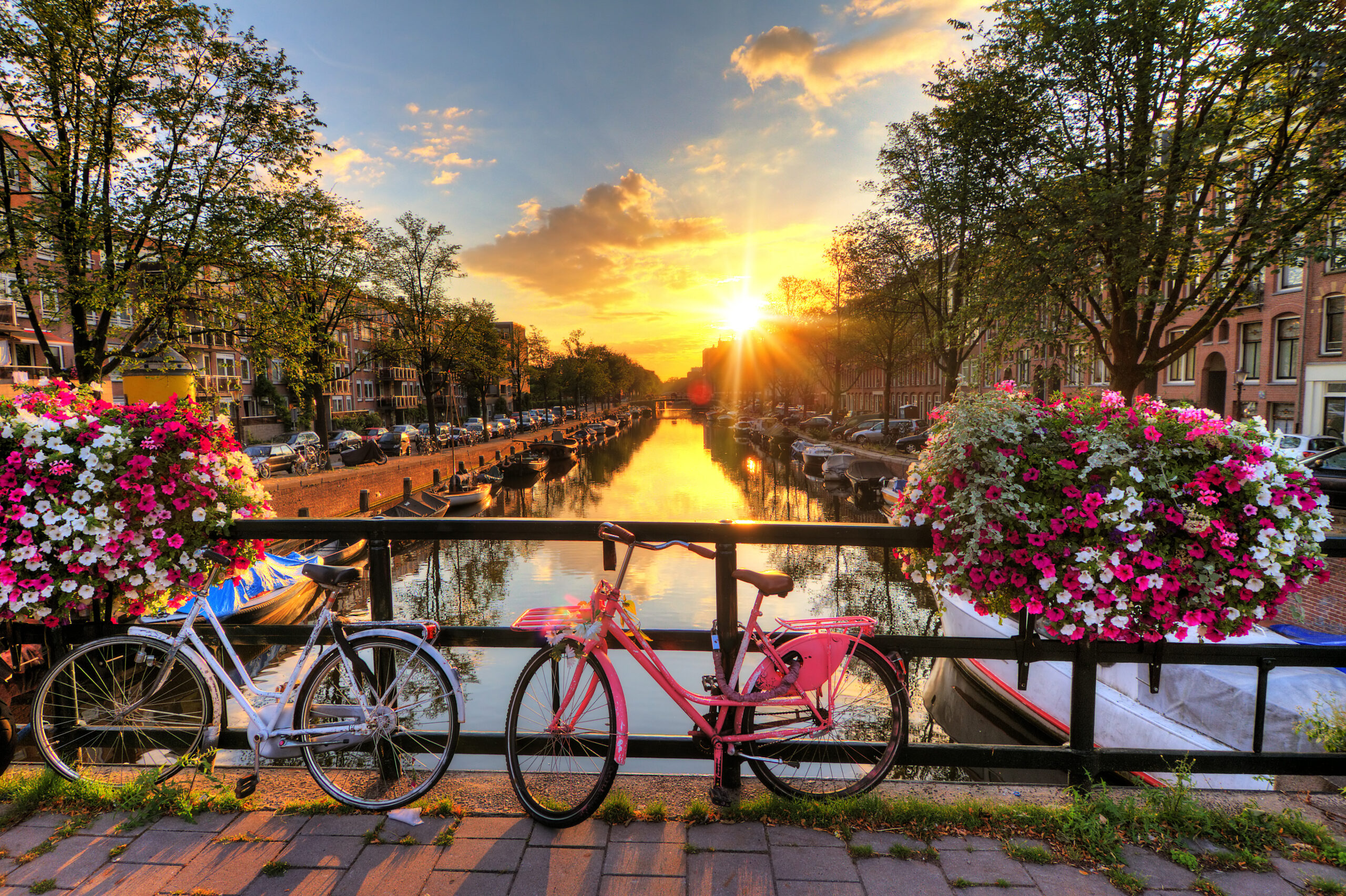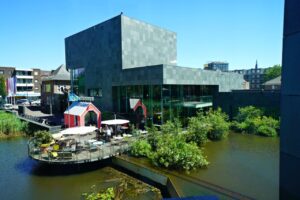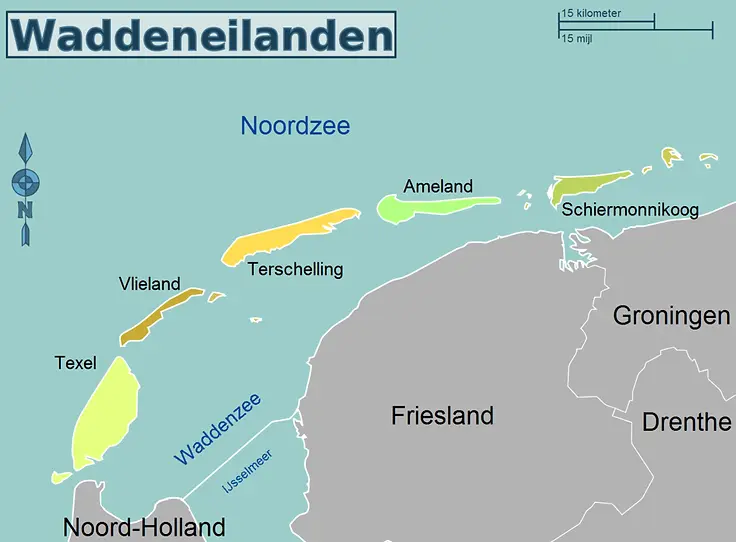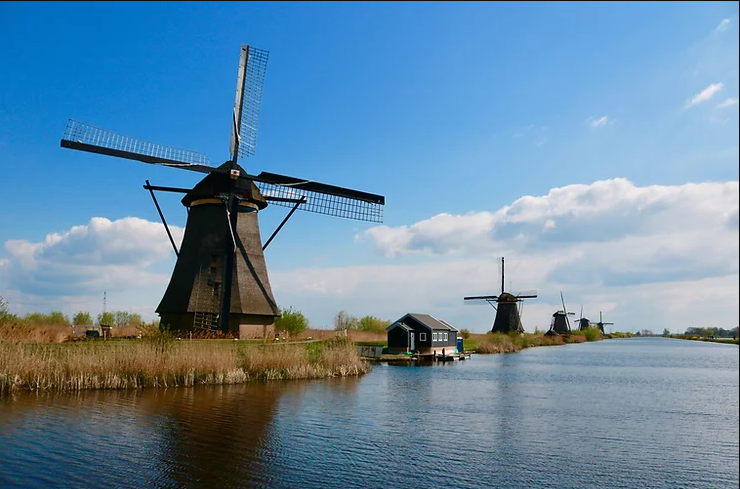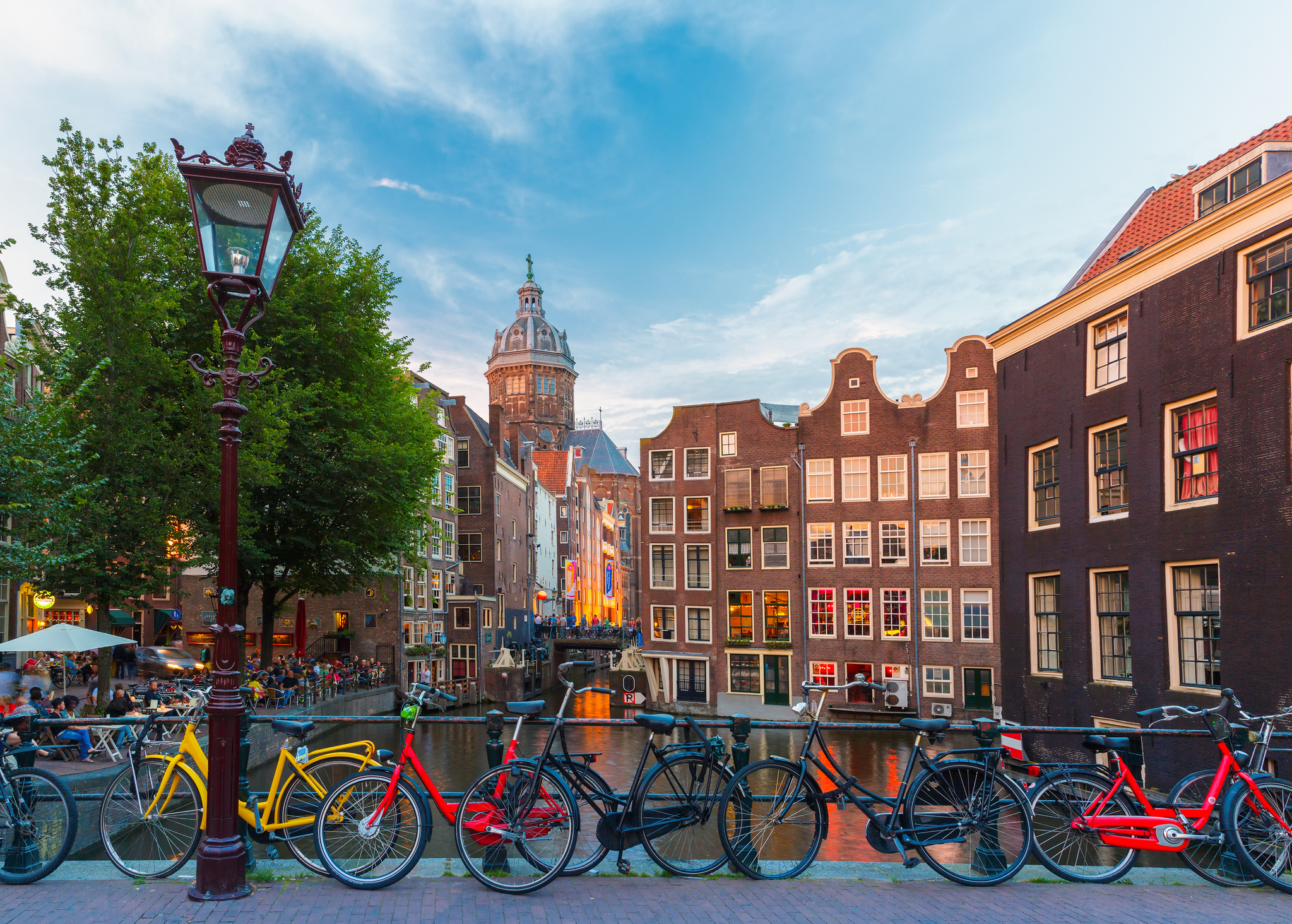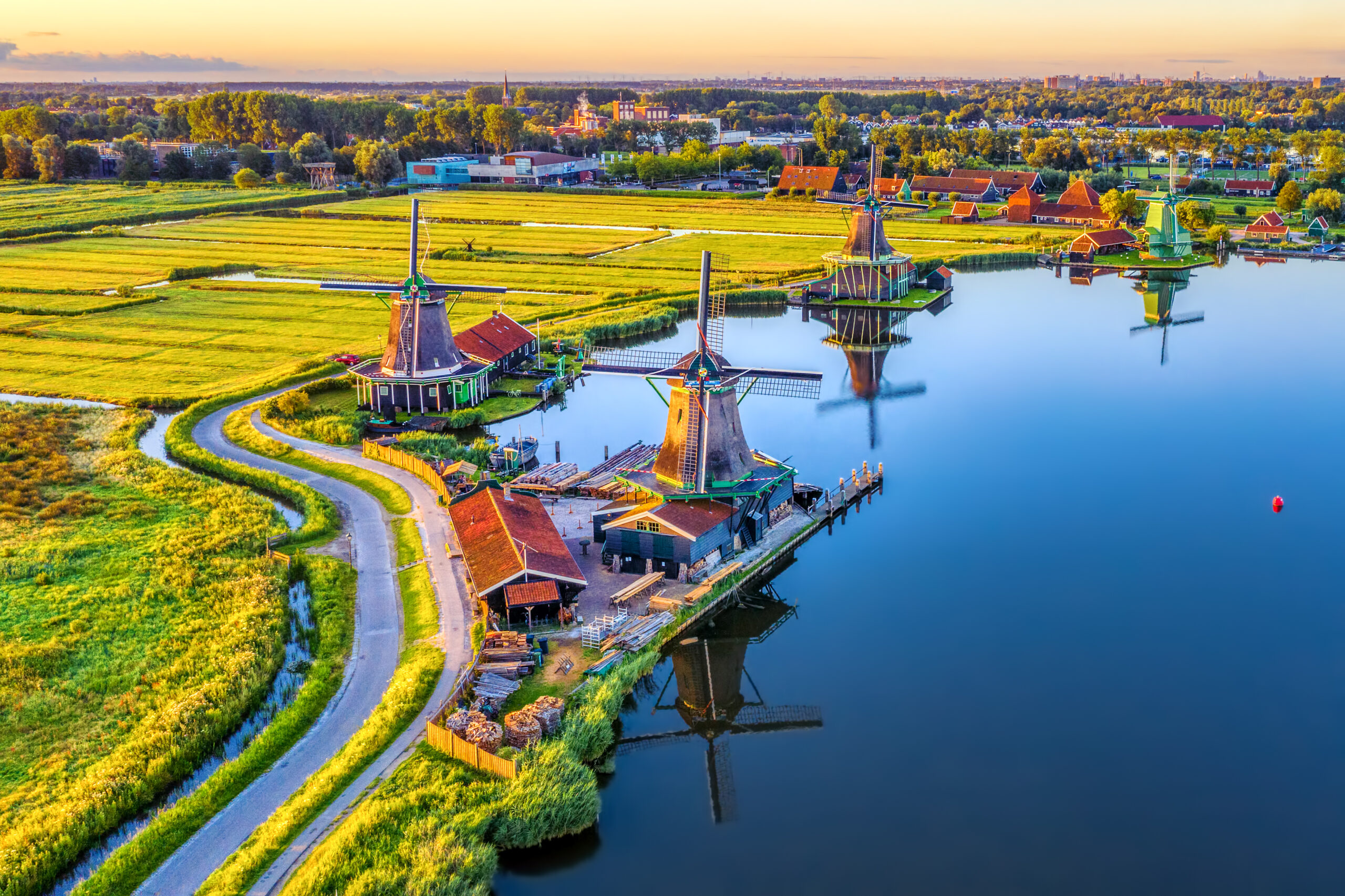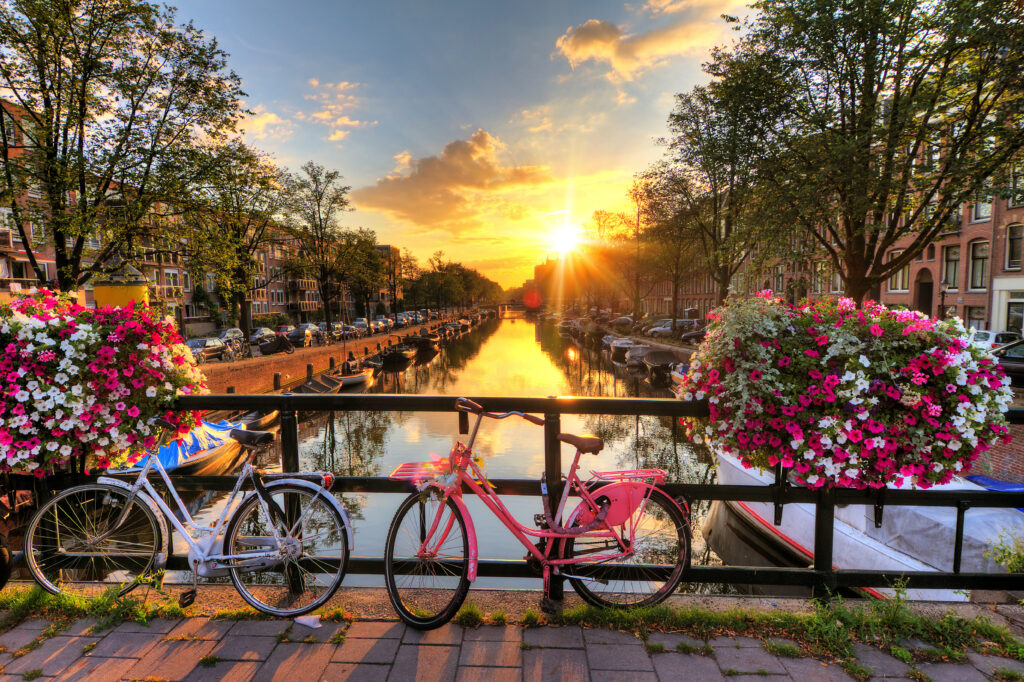
The Netherlands is a great country to live in, with a rich culture, friendly people, and a high quality of life. However, if you are planning to move to this country, there are some essential things you need to know to make your transition go smoothly. This blog post will discuss 10 essential things you should consider before moving to the Netherlands.
1. Visa and Immigration:
Moving to the Netherlands involves dealing with visa and immigration rules. You can generally enjoy visa-free entry if you’re an EU/EEA resident. Even though you can stay without a visa, it’s crucial to register with the local municipality and obtain a burgerservicenummer (BSN) if your stay exceeds four months. This is vital for accessing various services, including work and banking. If you’re from outside the EU/EEA, you need a long-term visa to enter and, within two weeks, apply for a residence permit if you plan to stay for longer than three months. The application needs documents like your passport, birth certificate, visa copies, proof of financial means, and a rental contract.
2. The Cost of Living in the Netherlands:
Moving to the Netherlands is not just about packing your bags; you need to understand the cost of living. It has increased recently, but it’s still lower than in many other European countries. Even in Amsterdam, the capital, living costs are not sky-high. Planning a detailed budget that suits your lifestyle is a smart move. At the same time, it might be a bit more expensive than some other places. However, the high quality of life and numerous opportunities make it a worthwhile investment.
3. Renting or Buying a Property as a Foreigner:
One big decision for foreigners moving to the Netherlands is whether to rent or buy a home. If you’re new and planning to stay for a short time (less than three years), it’s often better to rent because the process of buying a property can be lengthy. Around 40 percent of Dutch residents live in rented homes, but many of these are managed by the government. Renting a private home in Amsterdam can be expensive, and the process may also be complex, due to a shortage of available houses. Using an experienced intermediary or opting for a serviced apartment for short-term stays can be beneficial.
The choice between renting and buying depends on individual circumstances, financial status, and long-term intentions. It’s important to carefully evaluate your priorities, explore the housing market, and seek advice from local experts to make an informed decision that aligns with your goals in the Netherlands.
4. Job and Career Opportunities in the Netherlands:

Finding a job in the Netherlands can be challenging for people from other countries because knowing Dutch is often required, and there are specific rules for those who are from somewhere other than the EU/EEA. However, if you are already in the country, there are more opportunities, especially in retail, hospitality, and the software industry. The services sector, covering various areas like business, health, and transportation, is a significant source of employment. Expats with finance, IT, and engineering skills are in demand, and many international companies and recruitment agencies are often open to hiring expats.
EU/EEA citizens can work without a special visa, but non-EU/EEA residents need a residence permit, and employers usually handle the permit process. Job seekers need to inform the Dutch immigration service of any job changes. Various avenues, such as job boards, recruitment agencies, Dutch newspapers, and job fairs, can be explored for job hunting. The standard working week is around 36-40 hours, and there are pretty good labour laws in place to protect employees. Some expats also choose self-employment or starting their businesses.
5. Financial Management in the Netherlands:
Opening a bank account in the Netherlands is essential for handling expenses like rent or visa payments. It can be challenging, especially if you don’t speak the language well, but some banks are known for their easy-to-use online services.
You can use International Money Transfer websites when you need to transfer money to your new Dutch bank account. They can help you determine the best ways to convert your foreign money into euros. Another good choice is TransferWise, which has low fees and reasonable exchange rates. However, remember that it only works for payments to bank accounts in 60 countries.
6. Transportation Matters in the Netherlands:
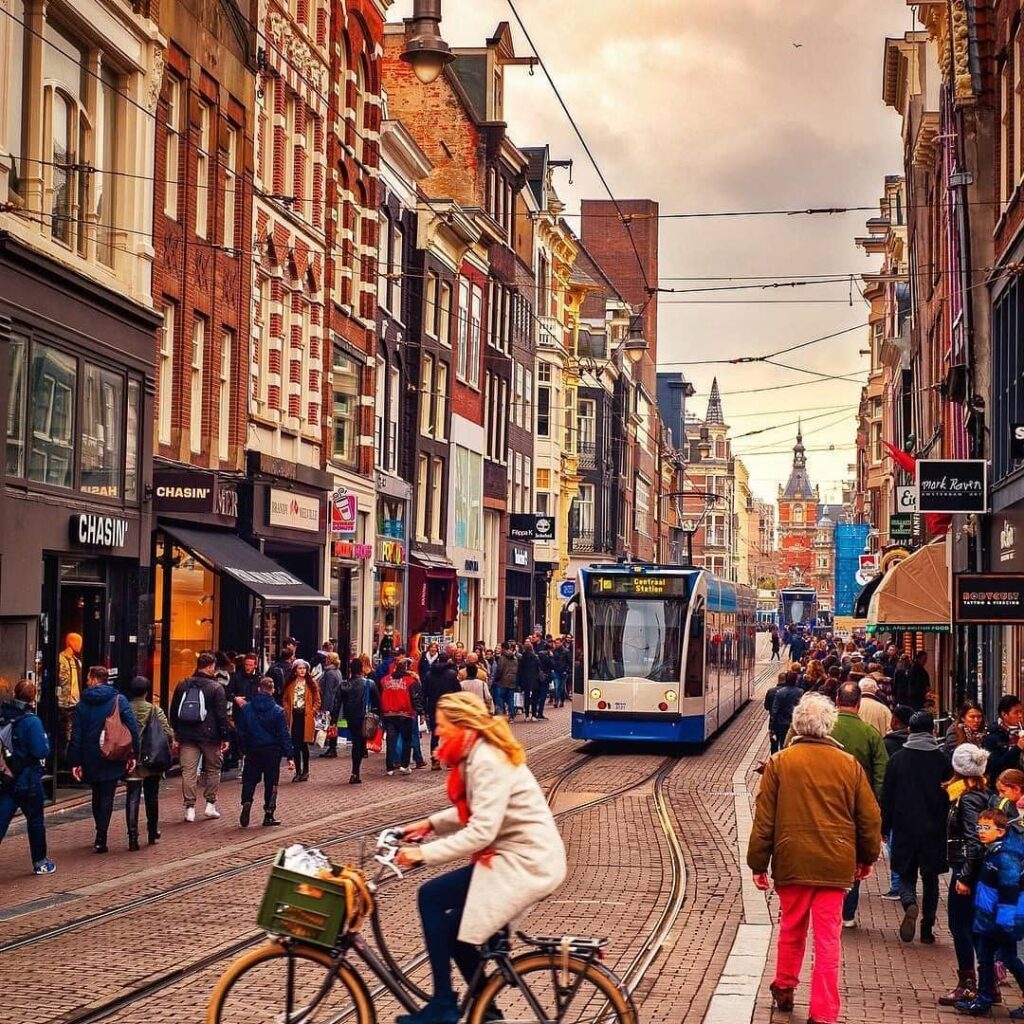
Transportation is essential in the Netherlands for everyday life. Knowing about the different options can make it much easier for you to get around. One popular way the Dutch travel is by riding bicycles. Many cities have special lanes just for bikes. Having a bicycle isn’t just a money-saving choice but also good for your health and the environment.
The country has an excellent public transportation system with trains, trams, and buses connecting cities and towns. The OV-chipkaart is a smart card that makes it easy to travel on public transport. If you like driving, the roads are well-maintained. You can rent or buy a car, but parking in city centres can be tricky.
7. Navigating Dutch Taxes:
Understanding the Dutch tax system can be complicated, and tax rates in the Netherlands differ for locals and foreigners depending on their situations. All residents, including those working in the country, are considered ‘resident taxpayers’ and must pay taxes on their assets worldwide.
Once you become a taxpayer in the Netherlands, you’ll get a burgerservicenummer (BSN), and you have to file an annual tax return, usually due in April. This can be done conveniently online. The main parts of taxation include income tax on earnings, employment, and home ownership. The rates for these can range from 8.9 to 52 per cent. Additionally, there’s a 25 per cent tax on capital gains and a 30 per cent tax on savings and investments. There are various deductions and surcharges, such as the 30% facility, which lets foreign employees with specific skills receive 30% of their wages tax-free, helping with the costs of moving to the Netherlands.
Other significant taxes include Value Added Tax (VAT) at a standard rate of 21%, property tax based on property value (ranging from 0.1 to 0.3 per cent), inheritance tax, and corporation tax, ranging from 20 to 25 per cent based on profits.
8. Education Opportunities and Child Schooling in the Netherlands:

Whether in the Netherlands or elsewhere, education plays a central role. Full-time schooling is compulsory for kids aged five to twelve, and part-time education is required from sixteen to eighteen. Even though primary education is mandatory from age five, most Dutch children start primary school around age four. Both primary and secondary education are free and open to everyone. Enrollment procedures can differ by city or municipality, so if you’re moving with your family, learning about local processes is a good idea.
The overall quality of education in the Netherlands is high, although there are differences between Dutch schools. Children usually begin learning English at around age ten, but some schools introduce English at an earlier age.
9. Language Learning in the Netherlands:
Moving to the Netherlands is more than just changing locations. It’s a cultural immersion, and language plays a vital role in that experience. Although English is standard, especially in the cities, immersing yourself in at least a basic level of the local language, Dutch, can significantly enhance your communication and integration into Dutch society. Fortunately, many language schools and online resources are designed for expats looking to learn the basics or master the Dutch language.
10. Dutch Culture
Finally, take the time to familiarize yourself with Dutch culture and social life. Dutch people are friendly and welcoming, and understanding their culture is crucial for feeling at ease in this lively and dynamic society. However, adapting to their cultural norms may take time.
Dutch culture is recognized for being open-minded, tolerant, and emphasizing equality, contributing to a relaxed and friendly atmosphere. A distinctive feature is the concept of “gezelligheid,” conveying a warm and cozy feeling often experienced in social gatherings and shared spaces. But keep in mind, Dutch people often prefer being straightforward and honest when they communicate. This might take a bit of getting used to at first.
Conlusions
Moving to a new country is always exciting but can also be overwhelming. By taking the time to research and understand the essential things you need to know before moving to the Netherlands, you can make the transition smooth and stress-free. From arranging your visa and immigration requirements to adapting to Dutch culture and learning the language, these are all critical elements you must consider as soon as possible. Ultimately, with proper preparation and planning, you can enjoy everything the Netherlands offers.
